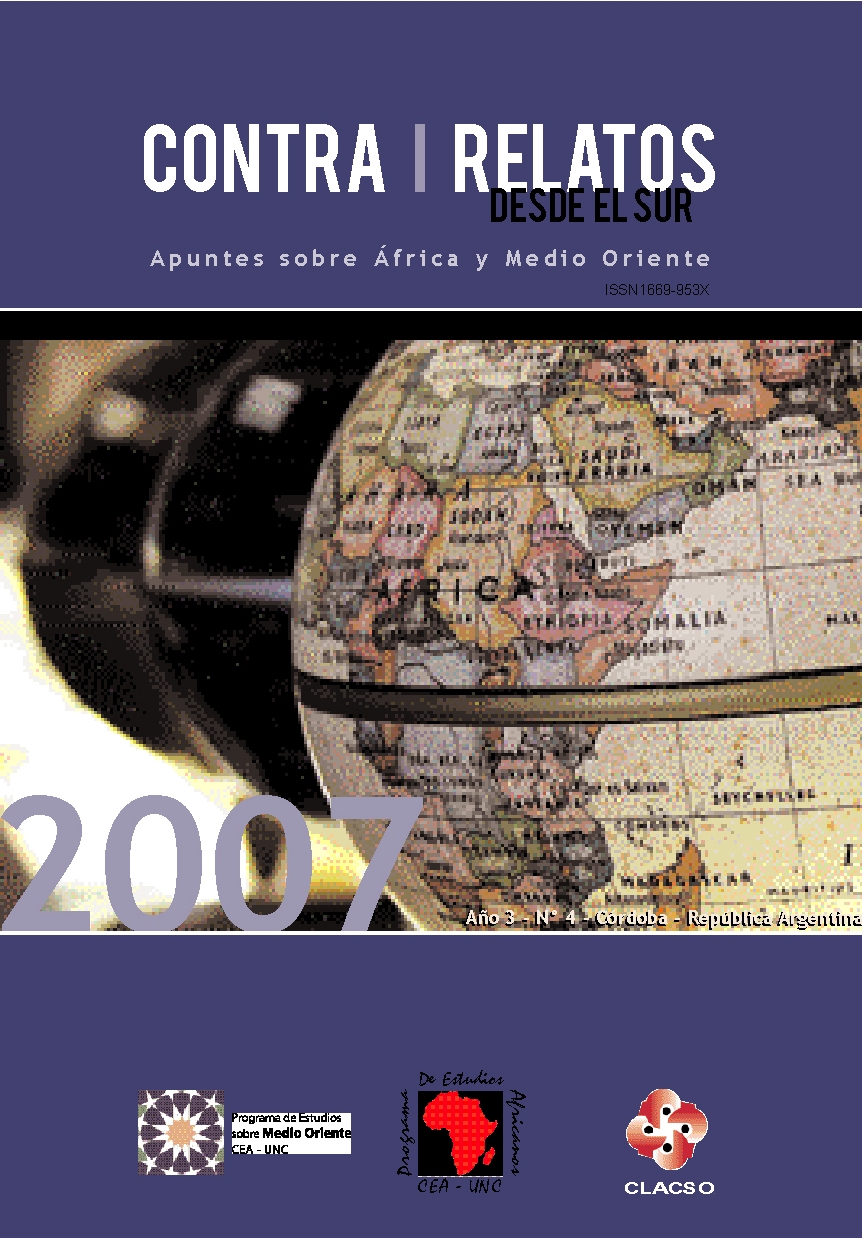REFORMA AGRARIA EN TIEMPOS DE AJUSTE NEOLIBERAL: LOS CASOS DE ZIMBABWE, NAMIBIA Y SUDÁFRICA
Abstract
Neoliberalism and agrarian reform are antithetical. The latter impliesland re-distribution in favor of the majority while the former entails
land concentration in the hands of a decreasing number of individuals
and the marginalization of large sectors of the population. In Southern
Africa, indigenous population extreme dispossession of their land for
the benefit of the white colonists was among the basic objectives of
colonialism, racism and apartheid and was central to the ensuing liberation
fights. Except for the cases of Mozambique and Angola – where
the massive emigration of the white landowning class facilitated the
nationalization of the land, events developed in a different manner in
the rest of the sub region.
Based on the experiences of Zimbabwe (since 1980), Namibia (since
1990) and South Africa (since 1994), this article reviews the obstacles
that neoliberal policy poses to land distribution projects and concludes
that the profound agrarian reforms rural masses in these three
countries have been claiming for can only be performed by breaching
the principles of neoliberalism.
Downloads
Published
2018-05-22
Issue
Section
Artículos
License
Copyright (c) 2018 David González

This work is licensed under a Creative Commons Attribution-NonCommercial-ShareAlike 4.0 International License.
Usted es libre de:
- Compartir — copiar y redistribuir el material en cualquier medio o formato
- Adaptar — remezclar, transformar y construir a partir del material
Bajo los siguientes términos:
-
Atribución — Usted debe dar crédito de manera adecuada, brindar un enlace a la licencia, e indicar si se han realizado cambios. Puede hacerlo en cualquier forma razonable, pero no de forma tal que sugiera que usted o su uso tienen el apoyo de la licenciante.
-
NoComercial — Usted no puede hacer uso del material con propósitos comerciales.
-
CompartirIgual — Si remezcla, transforma o crea a partir del material, debe distribuir su contribución bajo la lamisma licencia del original.


